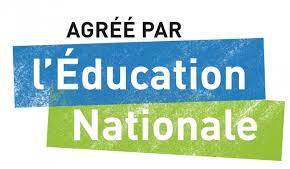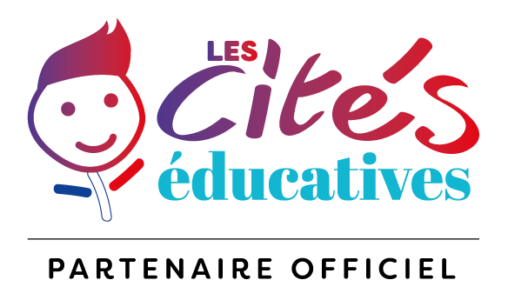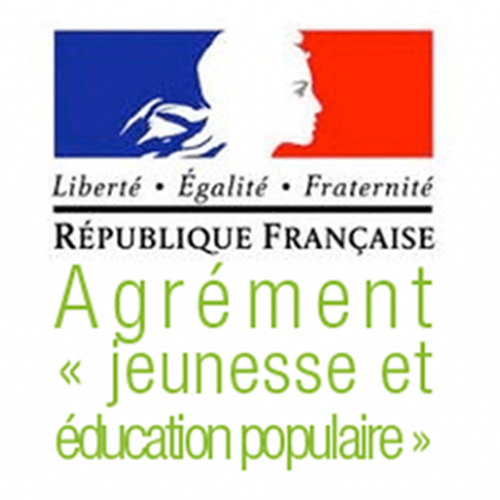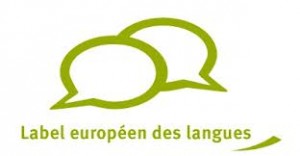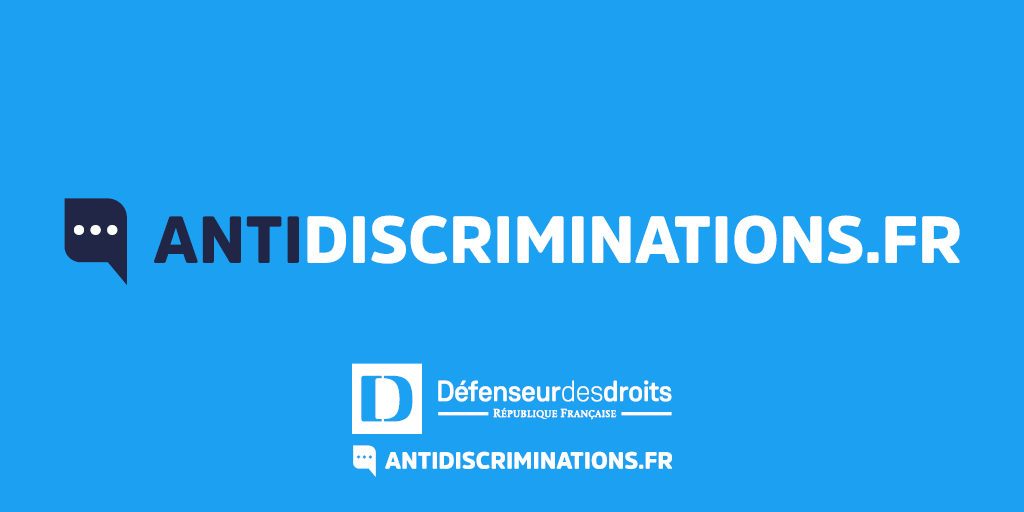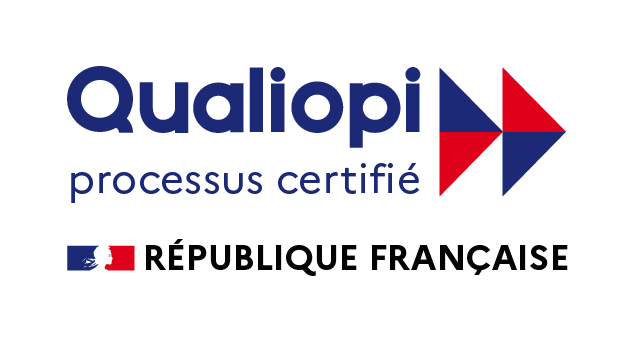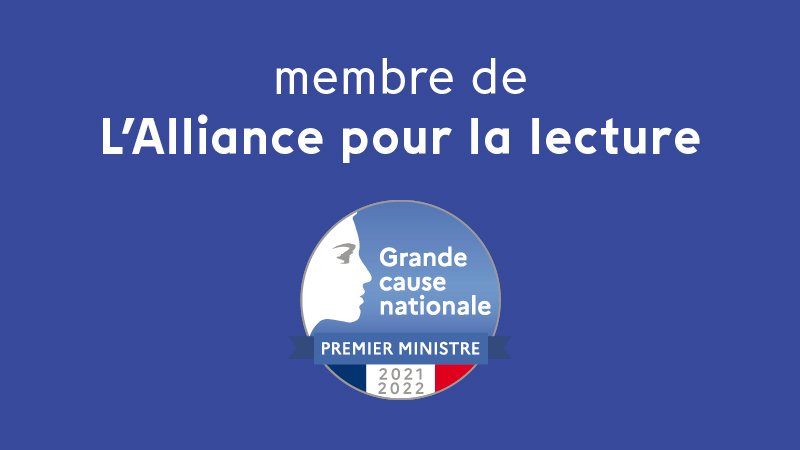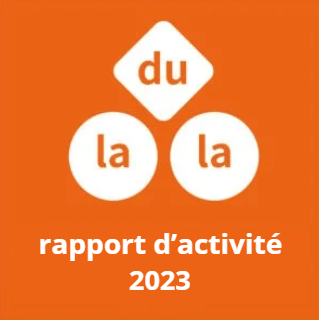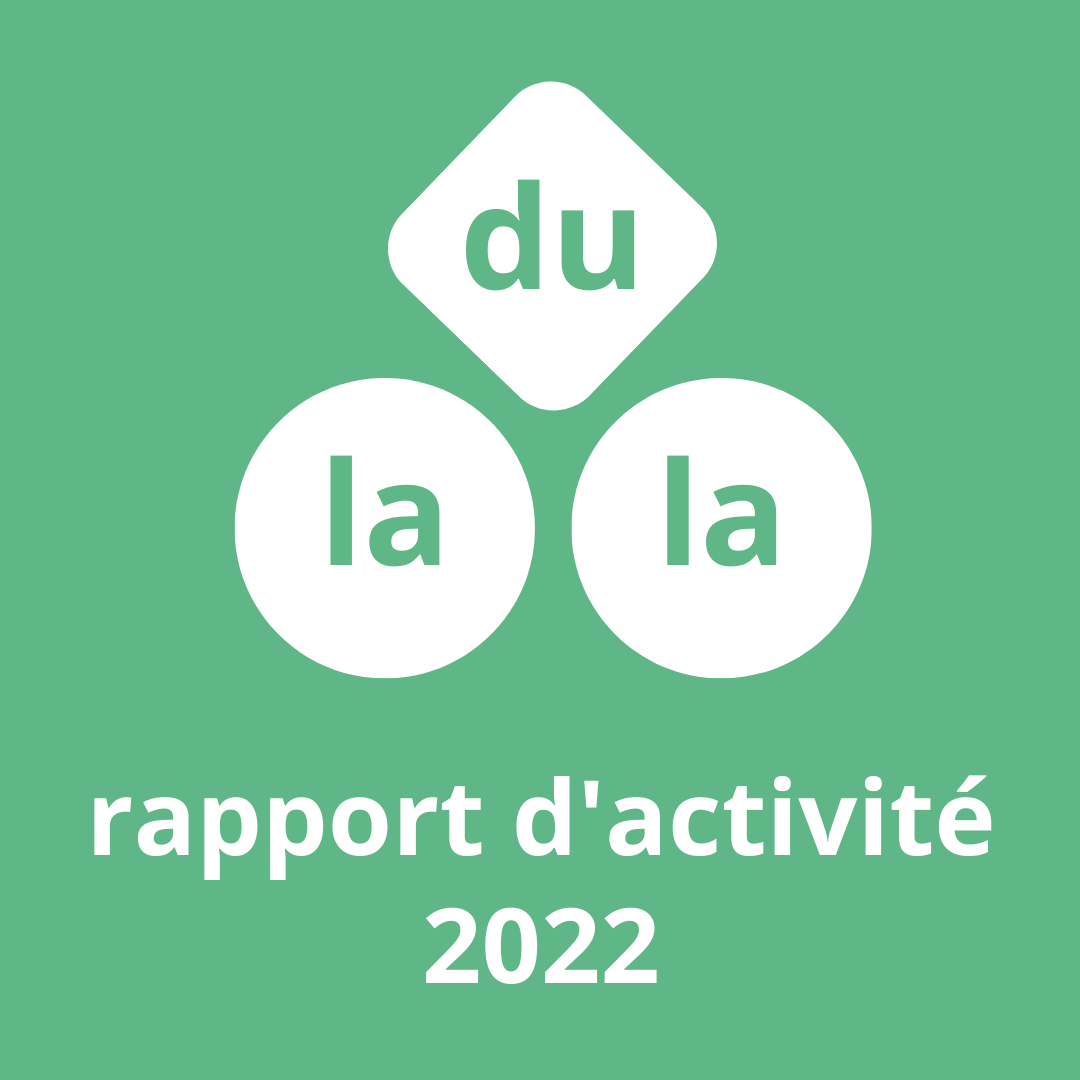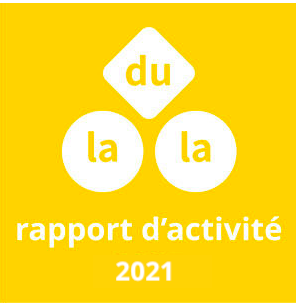Vision
To transform our society’s multilinguism into a lever to favor equal opportunities and fight discrimination.
Purpose
The association strives to create the conditions for the construction of a harmonious multilingualism based on the recognition of the dignity of each language, with a view to developing new forms of linguistic hospitality, inviting us to rethink the issues of difference, otherness and integration in a multicultural society. Its actions are in line with Cultural Rights (see the Fribourg Declaration, taken up by the NOTRe law): the right to choose one’s cultural identity, the right to speak the language(s) of one’s choice, the freedom to give and receive instruction in and about one’s own language and other languages, as well as knowledge about one’s own culture and other cultures;
The facts
Our actions are based on 3 observations:
– In France, one child in four grows up with a language other than French (INSEE-INED 2008 data). Yet for several decades now, research has emphasised that multilingualism is an opportunity, provided it is recognised and encouraged.
– However, not all languages are promoted in the same way, and all too often children’s mother tongues – particularly in immigrant contexts – are not taken into account by education professionals, who say they lack the necessary training and tools. “Unhappy bilingual” children, whose native language is denied or even devalued, may be exposed to “linguistic insecurity”, ashamed of themselves, with a poor relationship with the language of schooling perceived as arrogant and coercive.
– Studies by Vers le Haut (2021) point out that inequalities between immigrant and native-born populations seem to be repeated throughout the school career, from first grade to professional integration, and that children from immigrant backgrounds are more likely than other pupils to have a weak sense of belonging at school and to fail to reach the school competency thresholds despite being more motivated than other pupils to succeed (OECD (2018))”.
Our approach
Dulala relies on networks of researchers and professionals, as well as on children and their families, to develop practices and resources that can be tested in the field. Based in Montreuil, France, the association has three main areas of activity:
1. creation of easy-to-use educational and information resources (kits, games, posters, booklets, etc.)
2. language awareness workshops for children, run jointly with professionals
3. training and research (conferences, summer schools, etc.).
Scientific Committee
The association relies on a scientific committee made up of linguists, educationalists, ethnologists, designers and education specialists with experience in the field.
The association regularly calls on a network of experts, service providers and volunteers as part of its missions. If, like us, you would like to get involved in a project to promote linguistic and cultural diversity, volunteer your skills, take part in committees, administration, communications or event organisation, please contact us!

